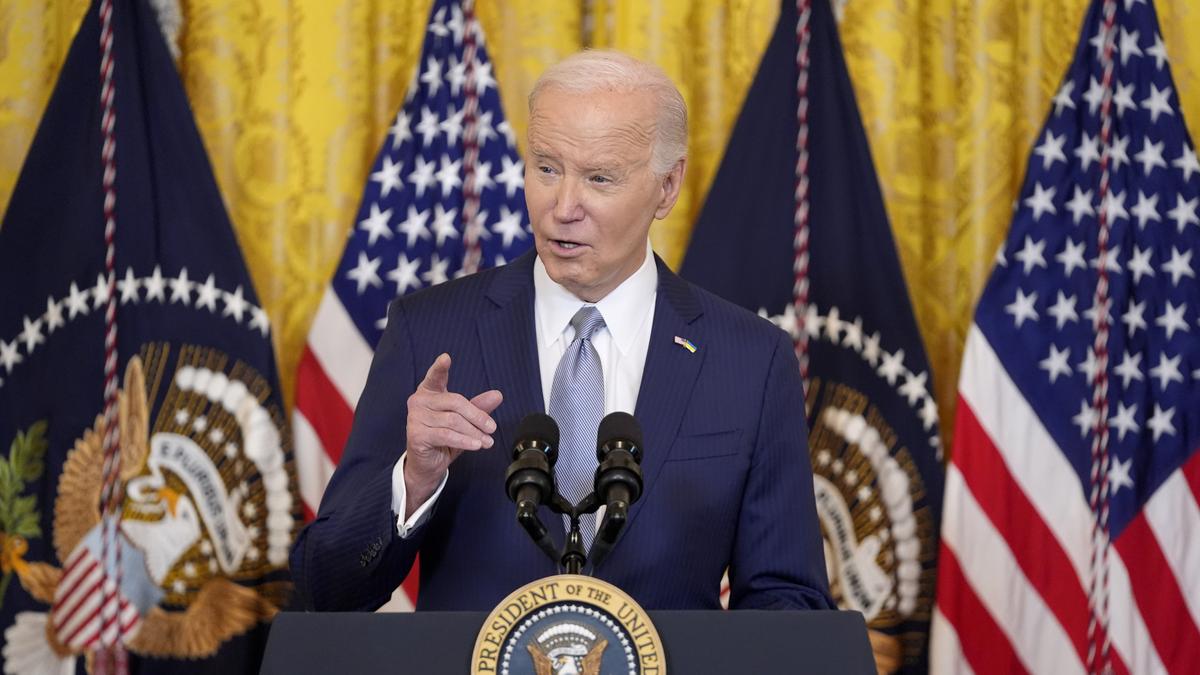The Biden administration has restarted a controversial immigration program that allows migrants from Cuba, Haiti, Nicaragua, and Venezuela to enter the United States legally. The program, which was initially suspended due to concerns about potential fraud by sponsors, has been resumed with enhanced vetting measures.
Enhanced Vetting for Sponsors
Following investigations into fraud allegations, the Department of Homeland Security (DHS) has implemented stricter procedures to verify the legitimacy of U.S.-based financial sponsors. These new measures aim to prevent exploitation of beneficiaries and ensure the integrity of the immigration process.
Focus on Financial Records and Background Checks
The enhanced vetting includes rigorous scrutiny of sponsors’ financial records. The DHS will thoroughly examine the documents submitted to confirm the sponsor’s financial capacity to support the migrant. Additionally, a more in-depth examination of the sponsor’s criminal background will be conducted, ensuring they have no prior offenses that might jeopardize the migrant’s well-being.
Fingerprint Collection and Fraud Detection
Sponsors will now be required to submit fingerprints, facilitating the identification of potential fraud. The DHS will further strengthen its ability to detect fraudulent sponsors by implementing sophisticated mechanisms to identify sponsors who have filed multiple applications, potentially indicating deceitful practices.
Response from Critics and Supporters
Republicans have consistently criticized the program, accusing it of undermining immigration laws and providing a path for undocumented individuals to enter the U.S. They argue that the program incentivizes illegal immigration by providing a way for migrants to bypass traditional legal channels.
Criticism of Fraud and Exploitation
Republicans have pointed to instances of fraud, such as the use of fake Social Security numbers by sponsors, as evidence of the program’s flaws. They maintain that the program is inherently vulnerable to exploitation, as individuals might attempt to exploit the system for financial gain.
Supporters Highlight Benefits and Security
Advocates for the program contend that it offers a safe and orderly pathway for migrants from designated countries, allowing them to contribute to the U.S. economy and reunite with family members. Supporters emphasize the program’s role in discouraging dangerous border crossings and providing an alternative to asylum seeking, which can be a lengthy and uncertain process.
Program’s Effectiveness and Impact
The program’s implementation has significantly reduced illegal border crossings from the targeted countries. Arrests of Cuban and Haitian migrants have drastically declined, indicating that the program serves as an effective deterrent to illegal immigration.
Reducing Illegal Border Crossings
The decrease in illegal crossings signifies the program’s success in providing a legal avenue for migrants from Cuba, Haiti, Nicaragua, and Venezuela. By offering a regulated and secure path for entry, the program reduces the incentive for individuals to embark on dangerous journeys to reach the United States.
Program’s Impact on US Society
The program’s long-term impact on US society remains under scrutiny. Its impact on the U.S. labor market, housing affordability, and integration of migrants into communities are aspects that need further examination.
Take Away Points
- The Biden administration’s program has been redesigned with increased vetting measures to address concerns about fraud and ensure the integrity of the process.
- While Republicans remain critical of the program, supporters see it as a positive step towards providing a safe and orderly pathway for migrants.
- The program has significantly reduced illegal border crossings from the targeted countries, indicating its effectiveness as a deterrent.
- The program’s impact on U.S. society, particularly on labor markets and housing, is a complex issue requiring further analysis.









